How AI can promote creativity and personalized learning
Introduction to artificial intelligence in education and creativity
The evolution of AI in learning and innovation
Artificial intelligence has deeply transformed many sectors, and education is no exception. With the advance of AI technologies, educators and students have access to tools that facilitate both learning and the creative process. From the automation of repetitive tasks to the personalization of learning, AI has opened a world of possibilities for educational innovation.
Why AI is key in the current educational transformation
The use of AI in the education sector goes beyond simple technological adoption. It allows a more inclusive and adapted education, attending to the different forms of learning of each student. In addition, IA has facilitated access to personalized resources, which optimizes the teaching process. Tools such as Chatgpt, for example, are helping teachers to develop more efficient strategies and promote more interactive learning.
Artificial intelligence and creativity: a powerful binomial
AI as an artistic co-creation tool
Artificial intelligence not only has an impact on the field of education, but also on the arts. IA tools allow artists to generate new ideas, explore creative combinations and co-create artistic pieces. From the creation of music to graphic design, IA is transforming the creative process by offering a man-machine collaboration.
AI applications in art, design and music
In the field of art, AI is being used to generate images, model 3D structures and even compose music. New tools allow creators to explore new artistic forms through AI. Also, in music, AI helps composers to experiment with sounds and patterns that perhaps would not have considered without the help of this technology.
AI and personalized learning: how it adapts to individual needs
Adaptation of educational content according to the student's profile
One of the greatest benefits of AI in education is its ability to offer personalized learning. Through data analysis, AI systems can evaluate the level of a student and adjust the content according to their specific needs. This not only improves knowledge retention, but also guarantees that each student advances at their own rhythm, maximizing their learning potential.
AI and the promotion of creativity in classrooms
Gamification and creative projects supported by AI
Artificial intelligence can be a key engine to promote creativity within the classroom through gamification and innovative projects. By incorporating AI in educational games and creative activities, teachers can motivate students to learn in a playful way. These approaches increase the commitment and curiosity of students, who also acquire important skills such as problem solving and critical thinking.
Platforms that use AI to stimulate creative thinking
There are several educational platforms that integrate AI to help students explore their creativity. Tools such as Scratch, for example, allow students to develop programming skills while experiencing with the design of their own interactive games or stories. The AI is also used in digital art platforms to guide students in the development of their creative ideas, helping them create drawings, paintings or 3D models with real -time suggestions and adjustments.
Examples of educational initiatives that promote innovation
Several educational institutions have adopted AI as an integral part of their programs to promote creativity. For example, some schools have implemented projects in which students use AI to create solutions to social or environmental problems. These initiatives not only encourage creative thinking, but also teach students how to use emerging technologies to generate positive impact on their communities.
AI benefits for autonomous learning
How to empower students to learn their own rhythm
AI allows students to learn more autonomously and effectively. Through platforms that use AI, students can access personalized content that fits their learning pace, which gives them greater flexibility to study when and how they prefer. This customization capacity not only helps improve academic performance, but also encourages greater responsibility and autonomy in the learning process.
Virtual tutorials and AI assistants for real -time support
Virtual tutorials promoted by AI are another example of how this technology can support autonomous learning. IA can be used to offer real -time comments to students, helping them to improve their skills in specific areas. These tools provide constant support that facilitates the learning process without the need for a physical tutor present at all times.
AI as support in self -directed learning
Artificial intelligence facilitates self -directed learning by providing students with the tools they need to find and analyze the information themselves. Whether through improved search engines or adaptive learning platforms, students can access high quality educational resources, organize and apply them in their studies. This encourages a more proactive approach to personal education and development.
Ethical challenges and limitations of the use of AI in creativity and education
Ethical issues in the use of AI to create works of art
Despite the numerous benefits of AI in the creative field, important ethical issues also arise. The creation of works of art through the questions about the originality and copyright. Who is the true author of a work created with the help of an algorithm? In addition, the use of AI to generate art can generate concerns about the possible replacement of human artists.
Can AI replace human creativity or simply complement it?
A common concern is whether IA could replace human creativity. However, most experts believe that AI is a complementary tool. AI can help generate ideas or accelerate creative processes, but human intuition and emotion are irreplaceable in artistic creation. Therefore, rather than replace artists, AI is seen as an extension that allows creative ideas to new heights.
Can customization limit the spontaneity of learning?
In the educational field, personalization through AI can present risks if exaggerated. Although adapting the content to the profile of each student is beneficial, it could limit exposure to other approaches or areas of knowledge that could arouse new interests. Spontaneous learning and the ability to explore unplanned areas are fundamental for complete development, something that IA should carefully balance.
Future of artificial intelligence in creative learning
Emerging trends in AI applied to learning and creativity
The future of AI in education and creativity is full of promises. Current trends indicate that AI will continue to evolve to offer even more personalized and creative educational experiences. From the use of augmented and virtual reality to create immersive environments to the development of AI that can better understand human emotions, the next generation of educational technologies seems to be about to even revolutionize learning.
Technological innovations that will mark the next decade
During the next decade, IA is expected to integrate even more into classrooms and creative studies. Innovations such as generative AI models and the most advanced teaching assistants will allow a more fluid and natural interaction between humans and machines. The AI will also be used to create collaborative spaces where students, teachers and creatives work together in real time, overcoming the barriers of distance and time.
How to prepare for an educational future driven by AI
To make the most of the opportunities offered by AI, it is essential that both educators and students prepare for this future. This includes training in the use of tools promoted by AI, as well as the development of creative skills and problem solving that complement what IA can offer. The balance between the use of technology and the strengthening of human skills will be key to success in the future of education and creativity.
Conclusion
Summary of the benefits and impact of AI on Creativity and Personalized Education
In conclusion, artificial intelligence is radically changing the way we learn and create. By offering tools that enhance both creativity and personalized learning, AI is presented as a fundamental technology for the future. While there are ethical challenges and limitations, the potential to promote innovation and customization in education is undeniable. Prepare to take advantage of these opportunities will be essential in the coming years.
FAQS
1. How can IA foster creativity in students?
IA offers tools that allow students to explore new ideas, such as the generation of images, musical compositions and more, which encourages creativity through experimentation.
2. Is AI a threat to human artists?
No, AI complements human creative work instead of replacing it. Algorithms can attend the creative process, but human intuition and emotion remain essential.
3. How do you customize learning?
The AI adapts the educational content based on the progress and individual needs of the student, allowing more effective learning and at their own pace.
4. What are the ethical challenges of the use of AI in education?
The challenges include the possible overdependence of customization, the limitation of exposure to unplanned areas of knowledge and concerns about privacy and copyright.
5. How will the future of education change with AI?
The future points to more immersive and personalized educational environments, where AI will help create adaptive, collaborative and highly interactive learning experiences.
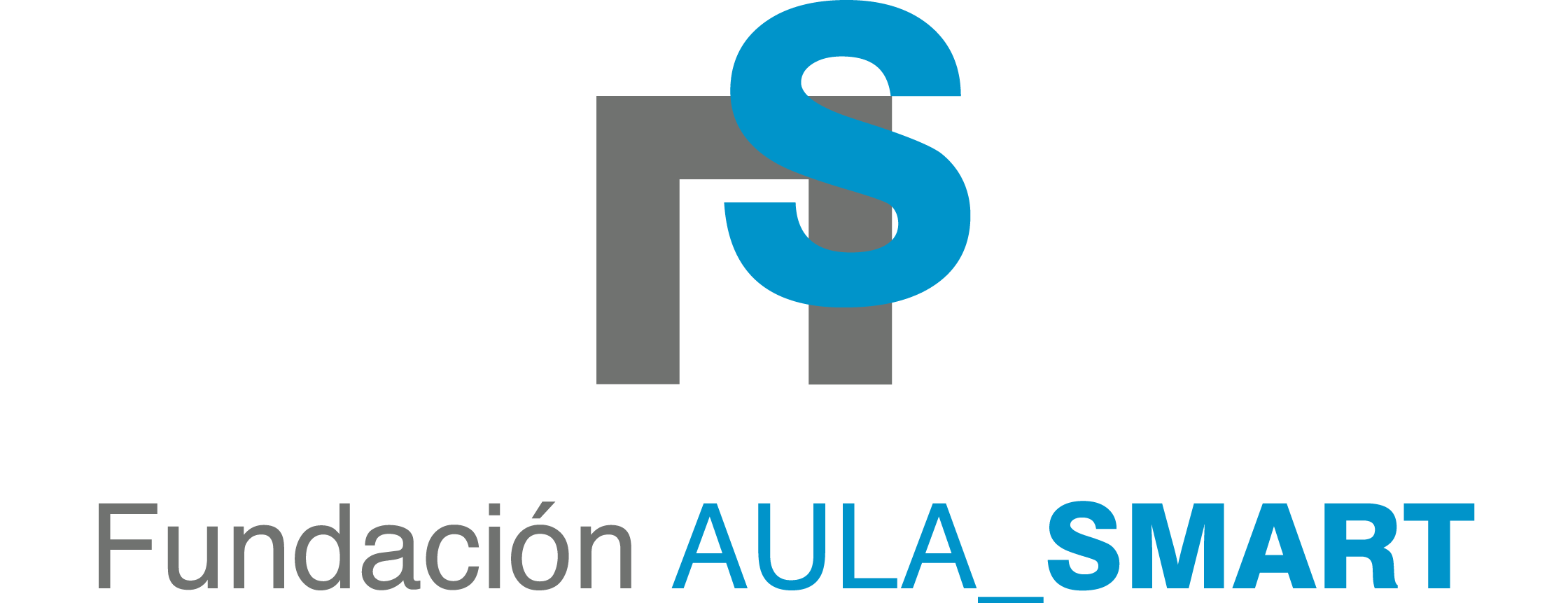

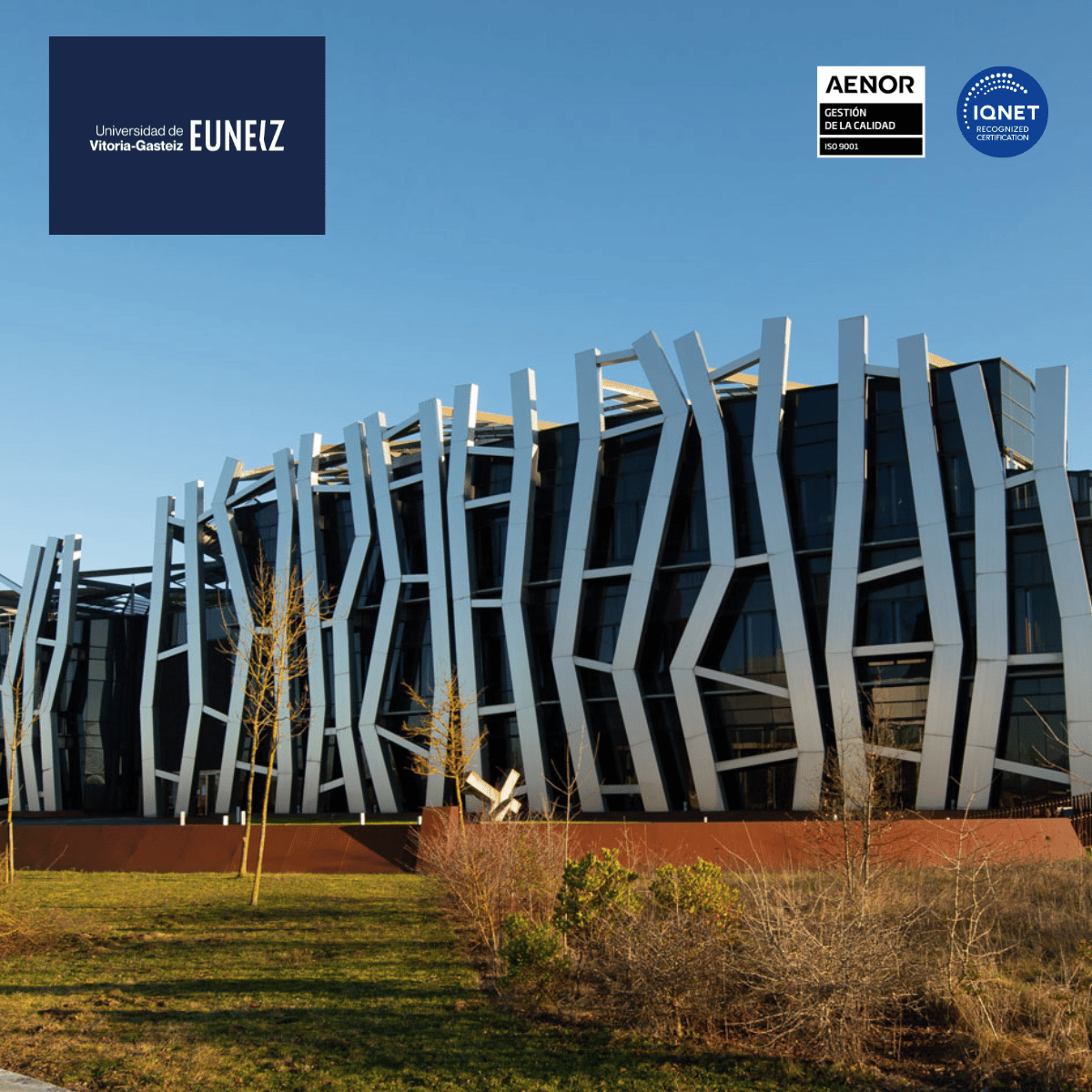
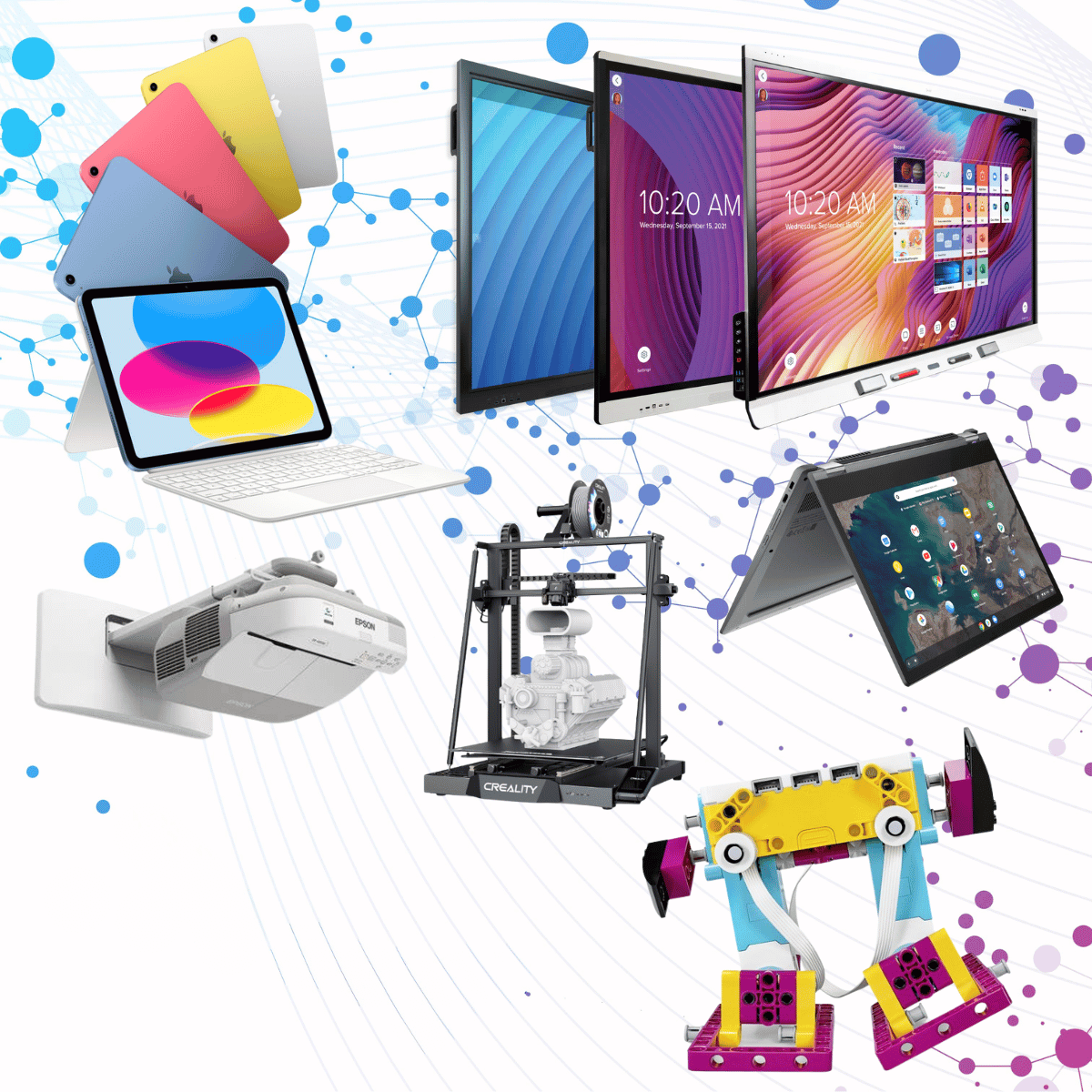
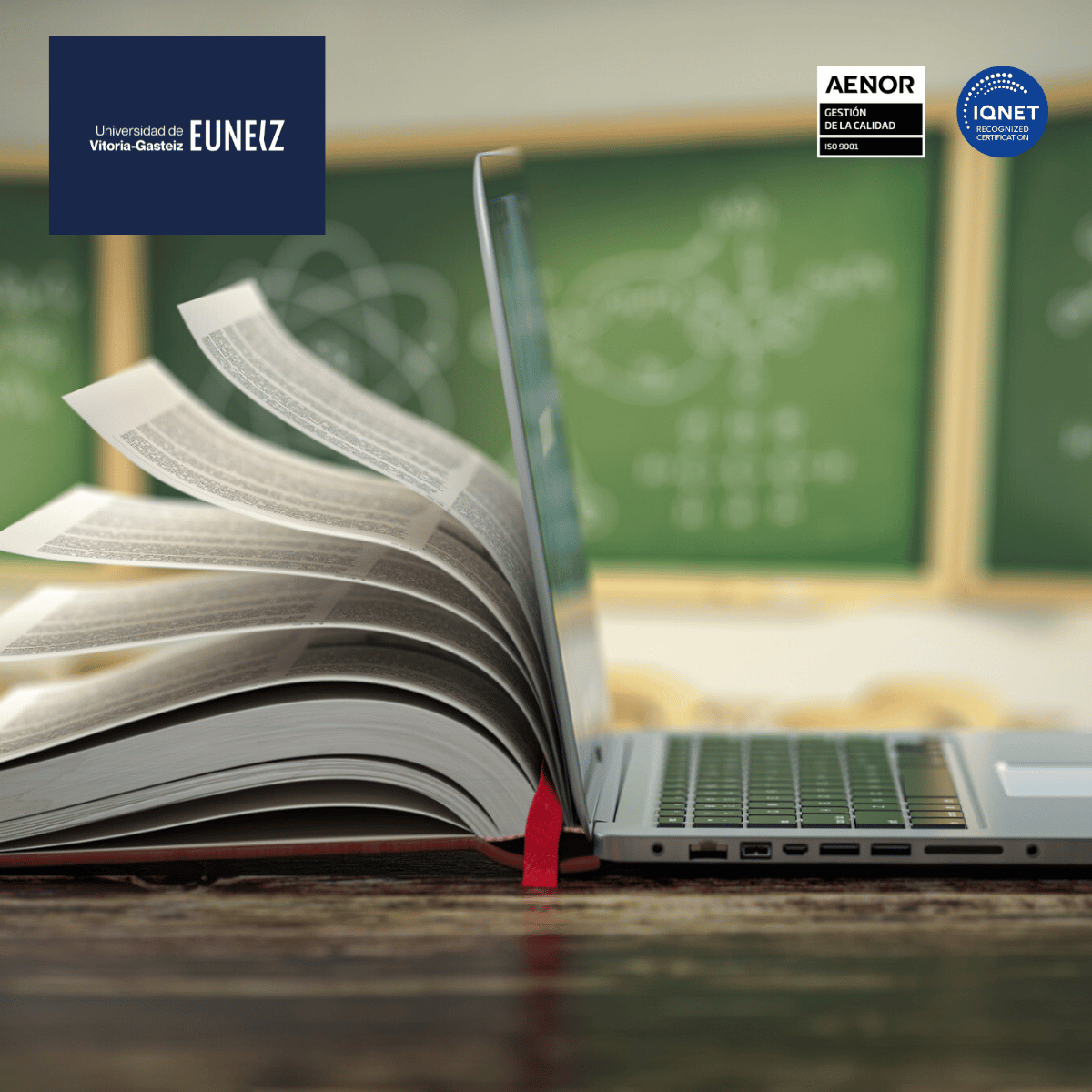
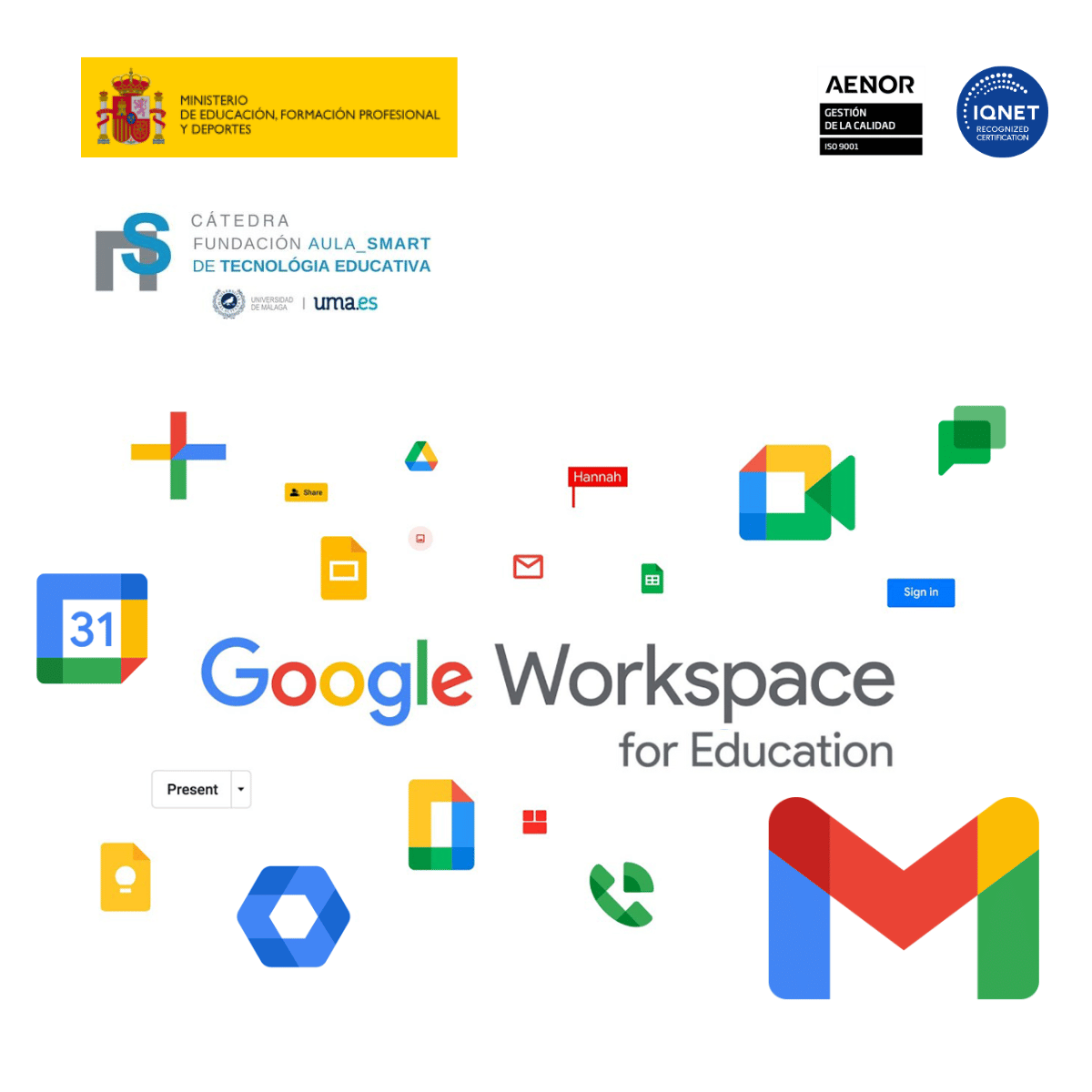
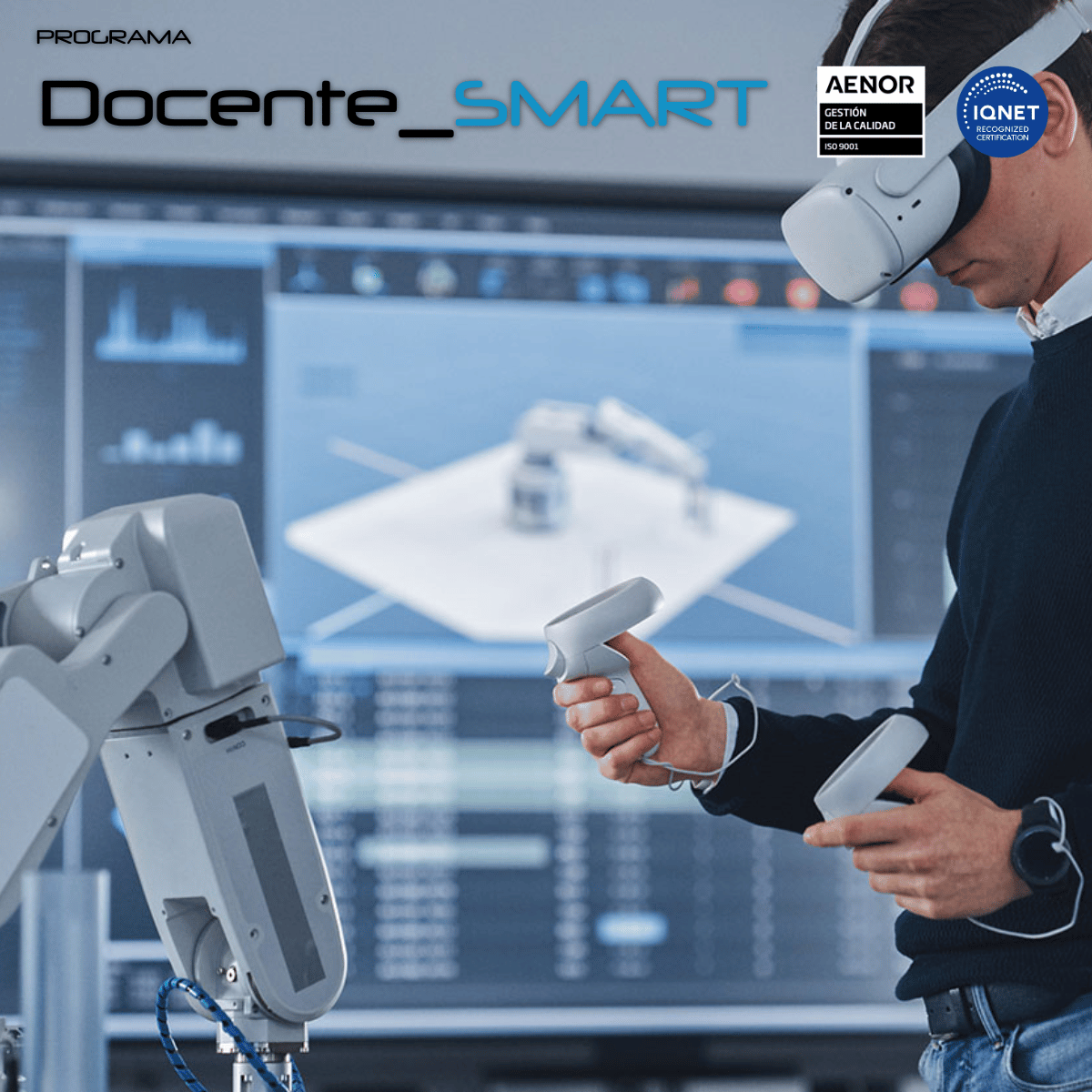
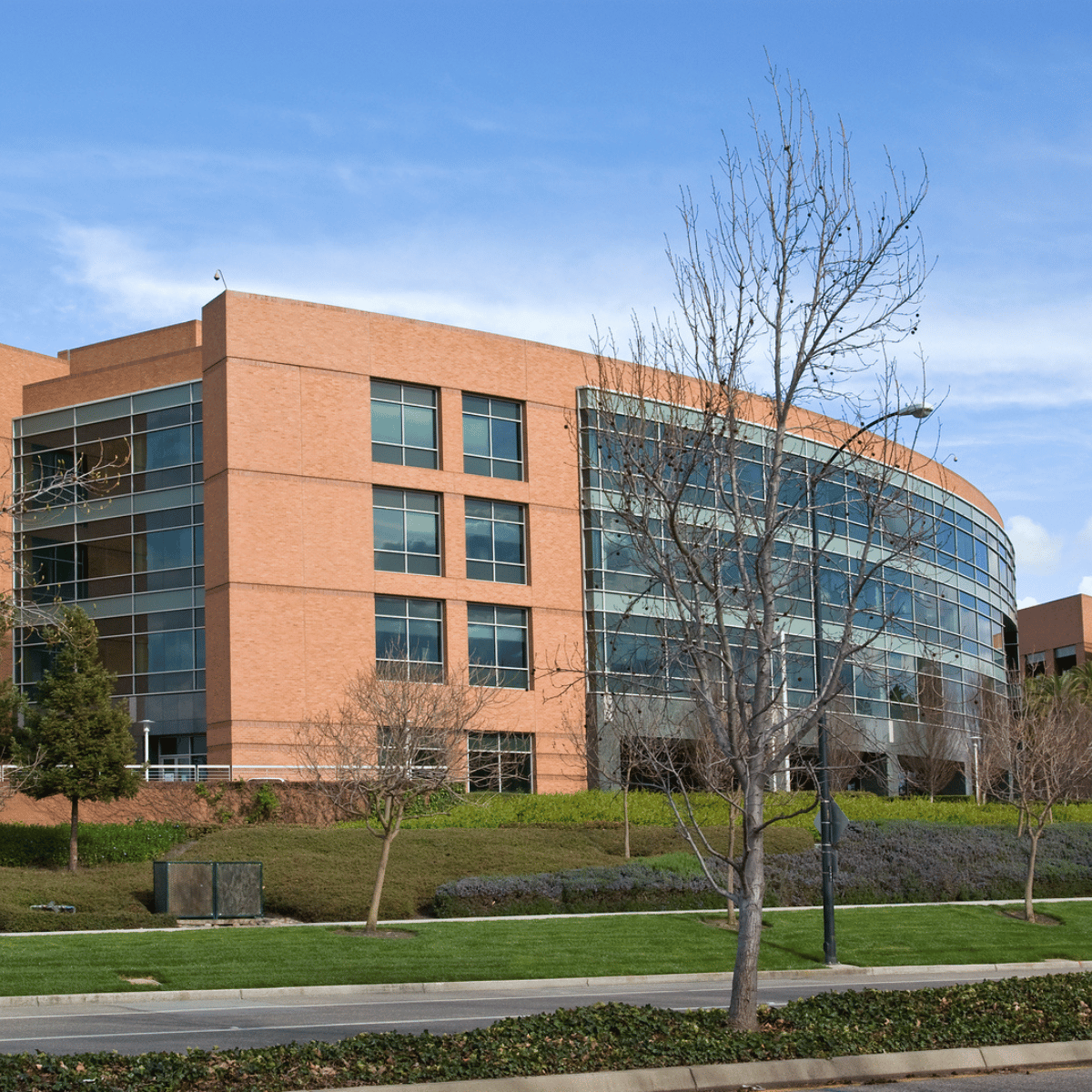

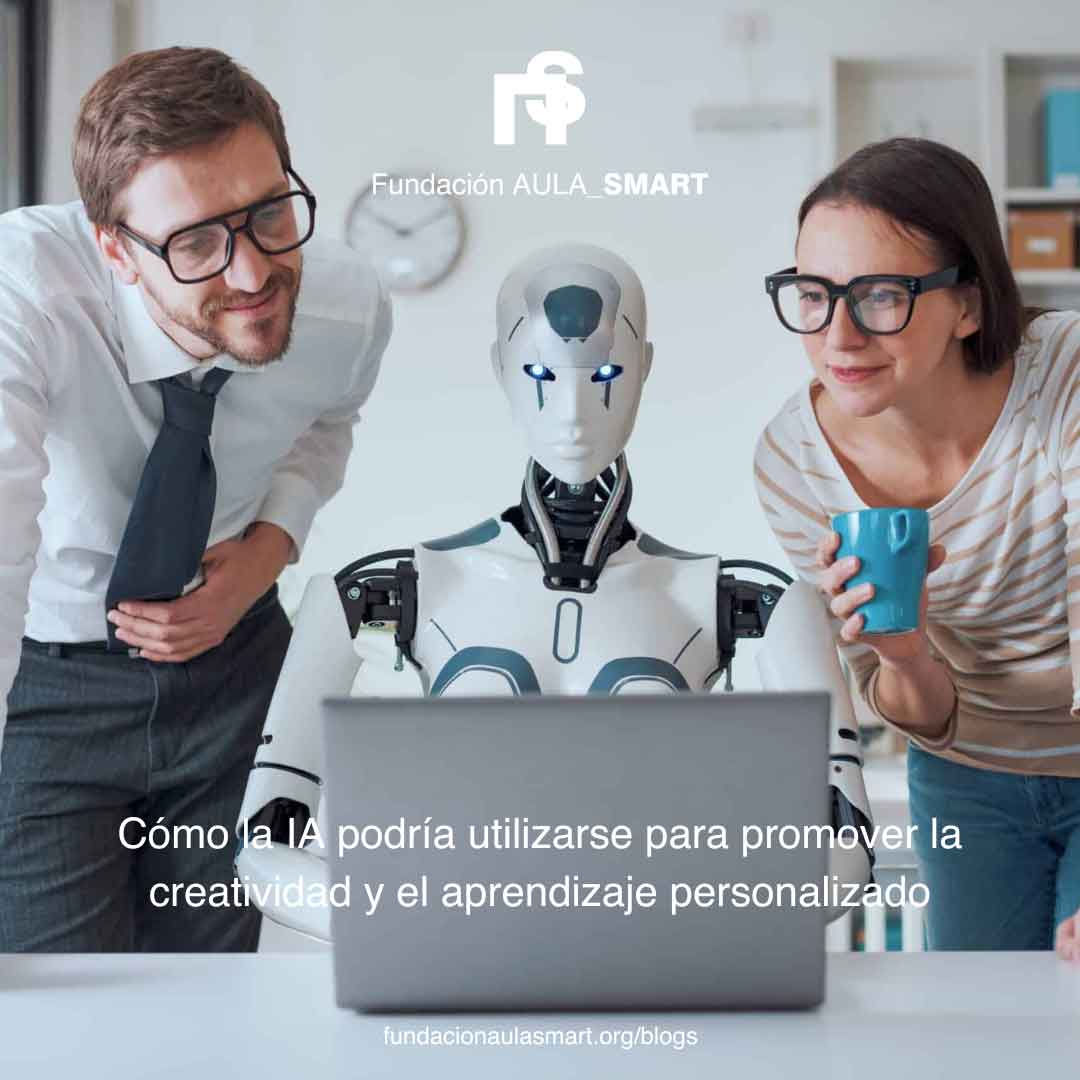



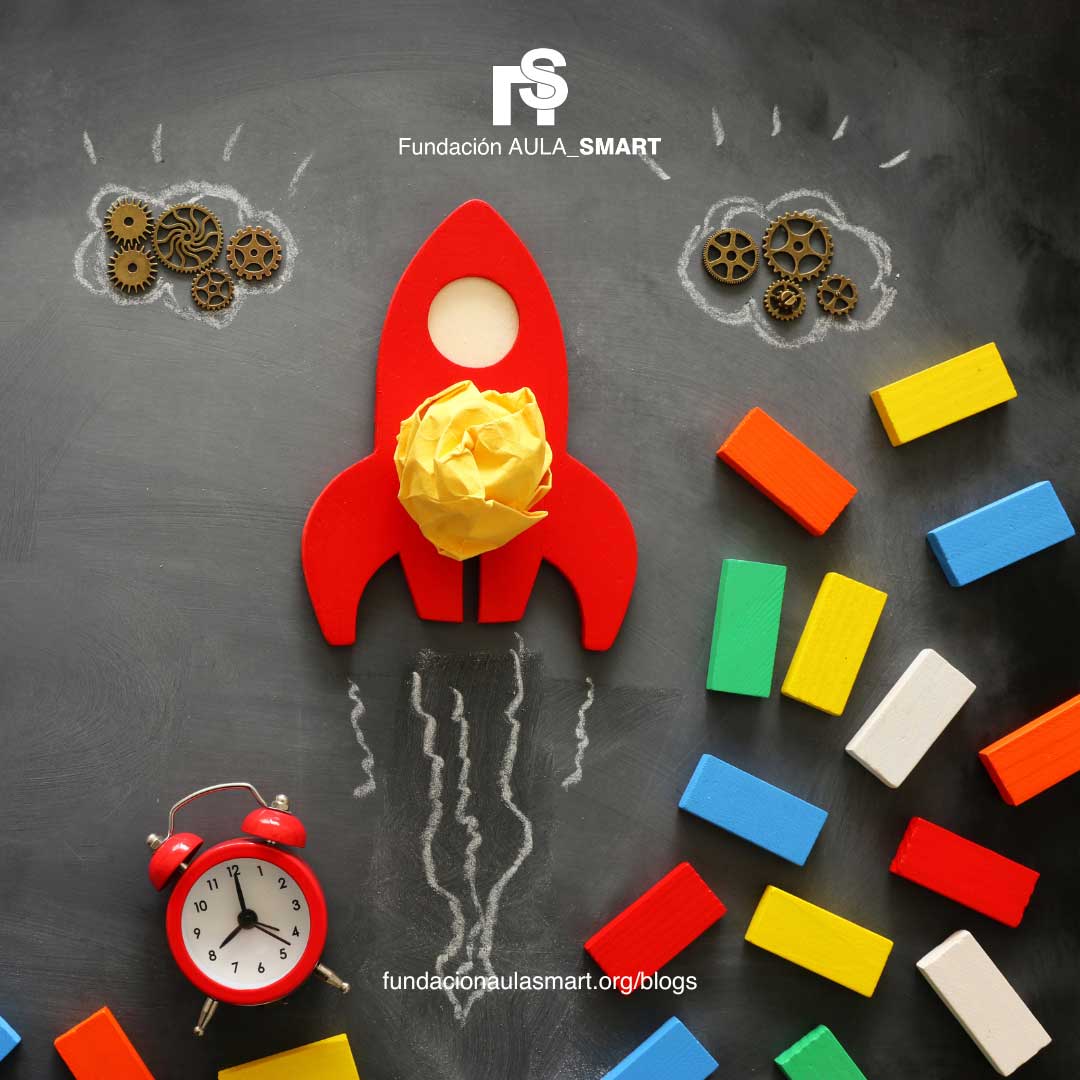
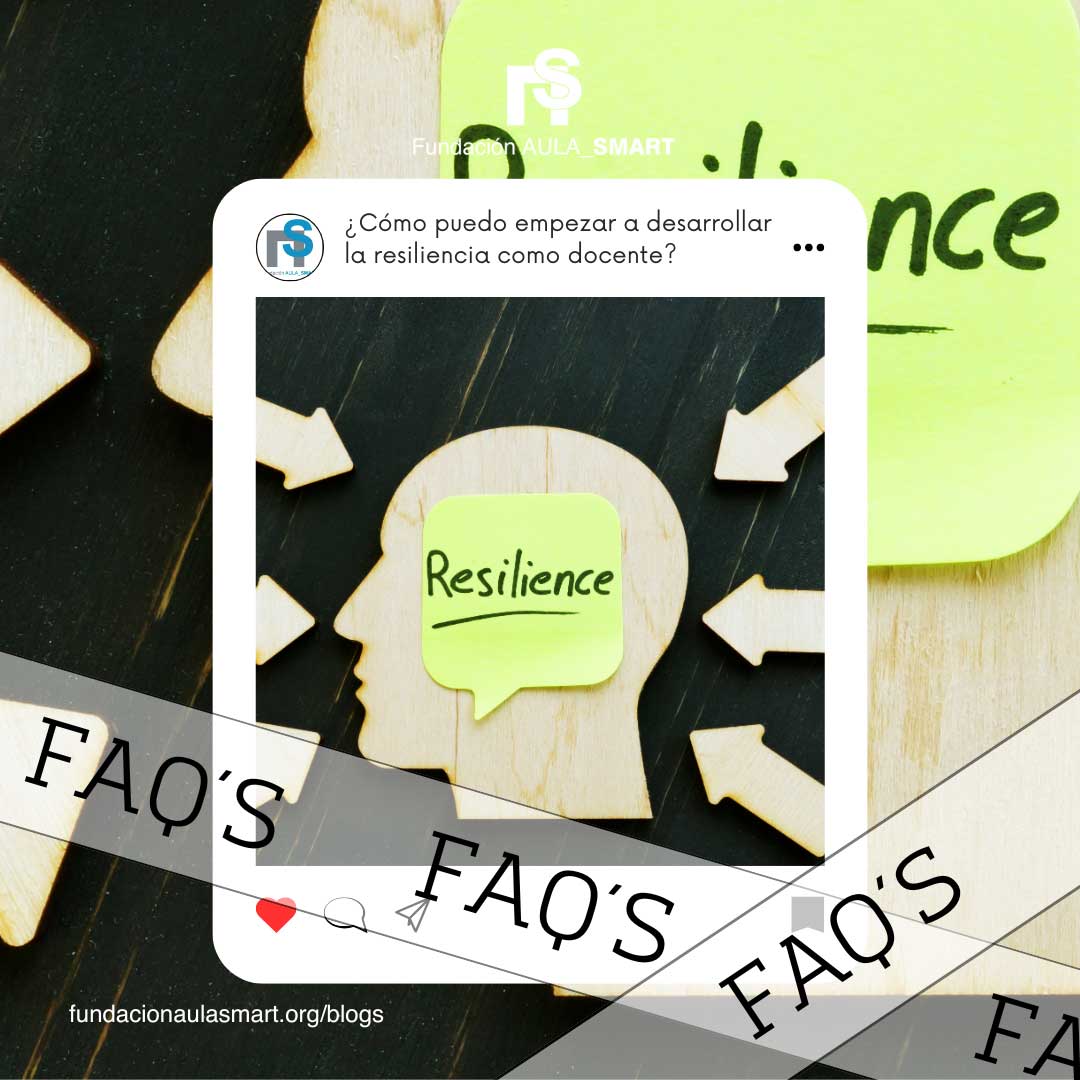
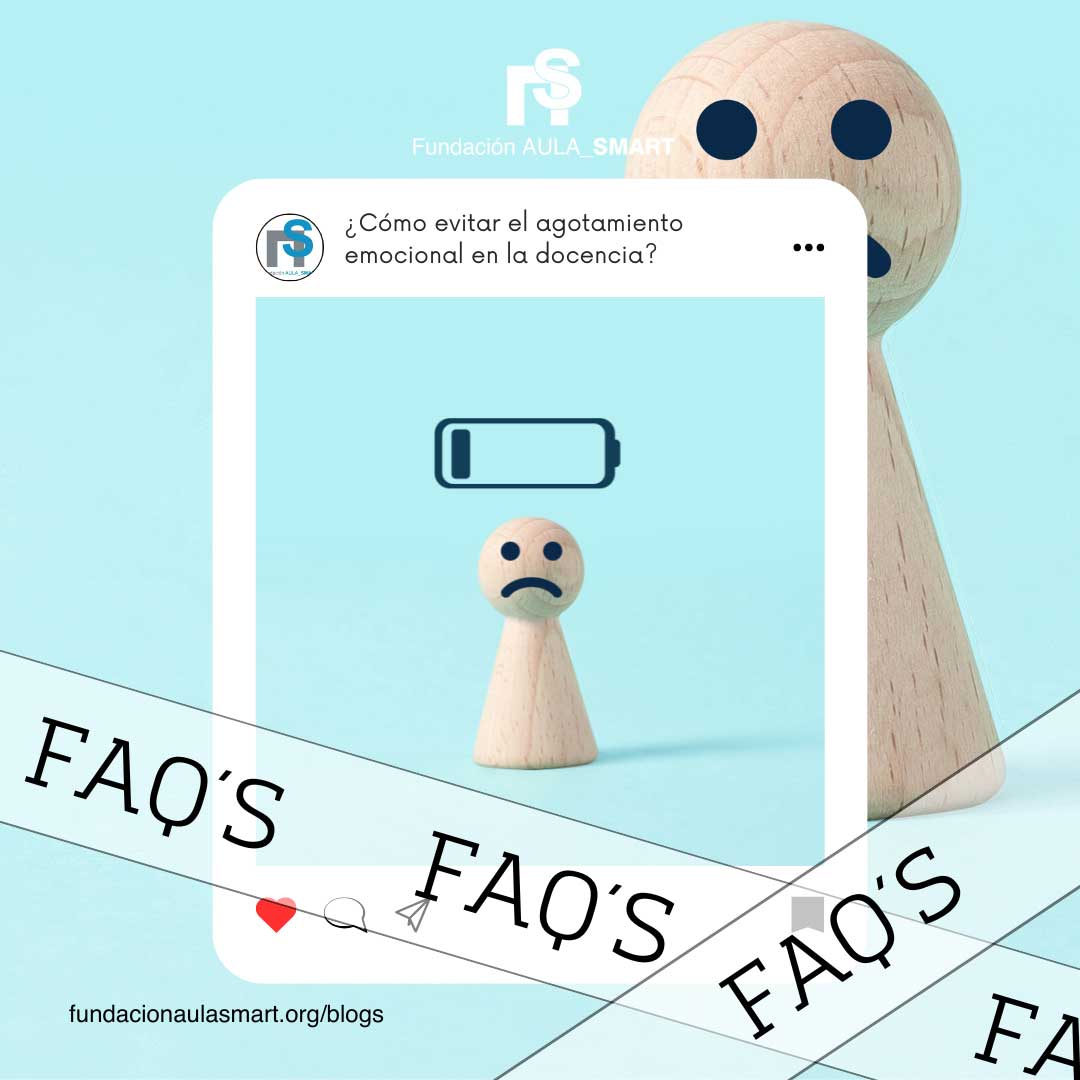

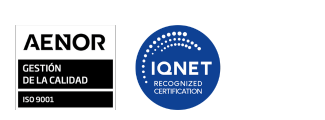



Leave a comment
All comments are moderated before being published.
This site is protected by hCaptcha and the hCaptcha Privacy Policy and Terms of Service apply.